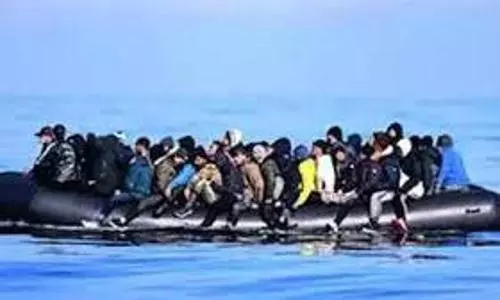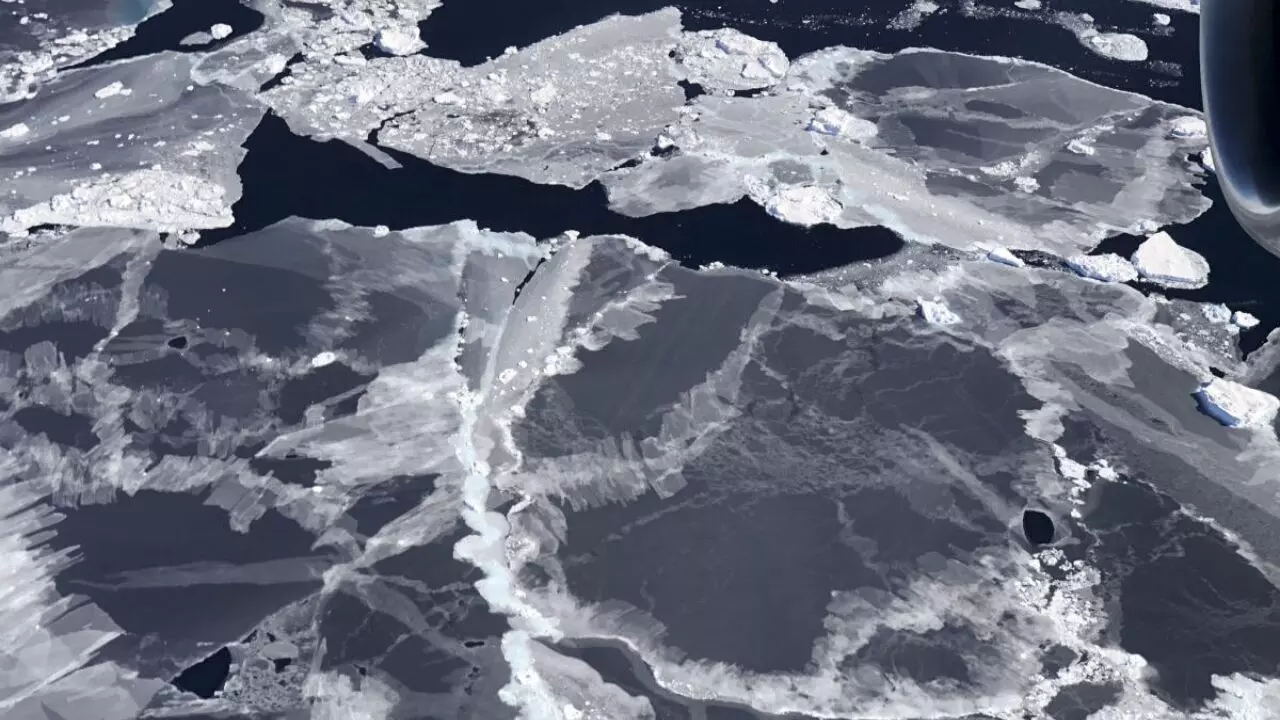
Antarctic sea ice falls to record low
text_fieldsBerlin: The sea ice in Antarctica has reached its lowest extent since satellites have been observing the changes in the ice cover in the past 40 years, the German Alfred Wegener Institute, Helmholtz Centre for Polar and Marine Research (AWI) said.
The sea ice of the Southern Ocean had shrunk to a new record minimum of 2.2 million square km by early February, the study found on Friday.
This year, the ice is receding even more quickly than in the previous record year of 2022. According to the study, the sea ice in the Antarctic is expected to continue to melt during the second half of February, Xinhua news agency reported.
"The rapid decline in sea ice over the past six years is quite remarkable since the ice cover had hardly changed at all in the 35 years before," Christian Haas, head of the Sea Ice Physics Section at AWI, said in a statement.
One possible reason for the strong melting of the ice cover was the above-average warm air temperatures in the western and eastern parts of the Antarctic Peninsula, which were around 1.5 degrees Celsius above the long-term average, according to AWI.
"It is still unclear whether what we are seeing is the beginning of a rapid end to summer sea ice in the Antarctic, or if it is merely the beginning of a new phase characterised by low but still stable sea ice cover in the summer," Haas added.
The crew of the research vessel Polarstern reports "almost ice-free conditions" in their current research area, the Bellingshausen Sea.
Historical records also show "tremendous changes" in sea ice conditions, the AWI added. In 1899, the Belgian research vessel Belgica was stuck for more than a year in massive pack ice in exactly the same area where Polarstern can now operate completely free of ice.
"The photographs and diaries of the Belgica's crew offer a unique chronicle of the ice conditions in the Bellingshausen Sea at the dawn of the industrial age, which climate researchers often use as a benchmark for comparison with today's climate change," the AWI said.
With inputs from IANS























